
(Portugese translation below / Traduçãoem português abaixo)
Alain Le Flohic, 70, and his wife Claude Joanin, 73, both retired educators, are deeply devoted to their community in Brittany, France. Alain serves as the president of the Robien Neighborhood Committee, an organization dedicated to strengthening ties between residents and fostering unity. The committee advocates environmental awareness through promoting sustainable agriculture, beekeeping, supporting local artists, offering French lessons to immigrants, and creating opportunities for inclusion to build connections among all members of their community.
Both believe that humans and nature deserve respect and protection and must coexist in harmony. Unfortunately, the beautiful coastline of their region in Brittany is facing a clear environmental threat: the spread of green algae. This issue is primarily driven by industrial agriculture, especially the runoff from pig farming, which introduces excess nutrients into the water. As ocean temperatures rise due to climate change, the warmer waters provide ideal conditions for the excessive growth of green algae along the coast.
For Alain and Claude, Plage du Valais is more than just a beach—it's a place filled with memories and a reflection of Brittany's natural beauty. Yet, as they stroll along its shores, they witness the growing problem of green algae, which is becoming a sign of a much deeper environmental issue. They believe monoculture farming plays a major role in this crisis, with nitrates from fertilizers leaching into the water and promoting algae growth. Their hope is for a shift toward more sustainable farming practices, urging the government to reduce the use of harmful chemicals to protect the environment. As the algae decomposes, it releases toxic gases that pose a danger to both people and animals, quietly undermining the once tranquil landscape they hold dear.
Alain Le Flohic (70) e sua esposaClaude Joanin (73), ambos professores aposentados, são profundamentededicados à comunidade em Bretanha, França. Alain atua comopresidente do Comitê de Bairro de Robien, uma organização voltadapara o fortalecimento dos laços entre os moradores e a promoção daunião. O comitê defende a conscientização ambiental por meio doincentivo à agricultura sustentável, apicultura, apoio a artistaslocais, aulas de francês para imigrantes e oportunidades de inclusãopara conectar todos os membros da comunidade.
O casal acredita que humanos e naturezamerecem respeito e proteção e precisam coexistir em harmonia.Infelizmente, a bela costa da região da Bretanha enfrenta uma ameaçaambiental clara: a proliferação de algas verdes. Esse problema écausado principalmente pela agricultura industrial, em especial oescoamento do esterco da suinocultura, que libera excesso denutrientes na água. À medida que a temperatura dos oceanos sobedevido às mudanças climáticas, as águas mais quentes oferecemcondições ideais para o crescimento excessivo das algas verdes aolongo da costa.
Para Alain e Claude, a Plage du Valaisé mais do que uma praia — é um lugar cheio de memórias e reflexoda beleza natural da Bretanha. Mas, ao caminharem por suas margens,eles testemunham o agravamento do problema das algas verdes, que setornou um sinal de uma crise ambiental mais profunda. Eles acreditamque a agricultura de monocultura desempenha papel central nessasituação, pois os nitratos dos fertilizantes escoam para a água epromovem o crescimento das algas.
A esperança do casal é por umatransição para práticas agrícolas mais sustentáveis, com ogoverno reduzindo o uso de químicos prejudiciais ao meio ambiente.Quando essas algas se decompõem, liberam gases tóxicos que ameaçamtanto pessoas quanto animais, deteriorando silenciosamente a paisagemantes tranquila que eles tanto prezam.
What has climate change done here?
We are at Valais Beach, the only beach in St. Brieuc. It is a very nice beach with huts. There is a big problem: green algae.
This problem has existed for years in Brittany, especially in the Bay of St. Brieuc. It is related to industrial agriculture, especially industrial livestock farming. There was a lot of pig farming in the Côtes-d'Armor, and the manure from the pigs, called slurry, was spread for a very long time on the fields. Nitrates, via the waterways, went into the sea and caused the proliferation of these algae that wash up on the beach. When the tides are not significant, the algae stay on the sand. It rots and releases gases that may have caused the death of boars, but also of people. It is not directly related to global warming, but it is linked to a type of agriculture that is part of global warming because the gases produced by animals, especially pigs and cows, contribute to the greenhouse effect and, therefore, to worldwide disturbances.
What we are seeing here is that the weather is becoming less and less stable. The temperature is rising despite everything. Water is warming up, and certain fish are arriving that we couldn’t find (this type of fish) around here. We are in a region that is relatively privileged in terms of rising temperatures, and some people want to come live with us rather than staying in the South of France because of the rising temperature. It’s what we’ve been asking for years since the various COPs, and we are not making any progress on this issue. But this option is becoming increasingly visible, even in France, in an objective way, with floods and increasingly severe storms. Despite this, we tend to continue as before. It seems to me that our region should return to more environmentally friendly agriculture, and agriculture based on smaller farms and polyculture. While we have been more focused on monoculture since the beginning of industrial agriculture, products should be consumed locally so that the links between farmers and consumers are stronger. Like what the AMAPs are doing: promoting organic farming. This is the opposite of what the French government is doing, under the pressure of big agricultural unions. And then, we must stop the goal of French agriculture to feed the world. It is necessary to help the agriculture of the less rich countries in Africa to become subsistence agriculture again, and for us, on our side, to make it a more food-producing agriculture. In my opinion, I am trying to act, in my opinion, to challenge the government and the agricultural unions to move in this direction.
Estamos na Praia de Valais, a únicapraia em Saint-Brieuc. É uma praia muito agradável, com cabanas.Mas há um grande problema: as algas verdes. Esse problema existe há anos naBretanha, especialmente na Baía de Saint-Brieuc. Ele estárelacionado à agricultura industrial, sobretudo à pecuáriaintensiva. Houve muita criação de porcos em Côtes-d’Armor, e oesterco líquido deles, chamado chorume, foi espalhado por muitotempo nos campos. Os nitratos, através das vias hídricas, chegaramao mar e causaram a proliferação dessas algas que acabamdepositadas na praia. Quando as marés não são fortes, as algasficam na areia, apodrecem e liberam gases que já podem ter causado amorte de javalis e até mesmo de pessoas. Isso não está diretamente ligado aoaquecimento global, mas a um modelo de agricultura que tambémcontribui para o aquecimento, já que os gases emitidos por porcos evacas intensificam o efeito estufa e, assim, os distúrbiosclimáticos no mundo. O que vemos aqui é que o clima estácada vez menos estável. As temperaturas estão subindo e as águasse aquecendo. Certos peixes, que não víamos por aqui, agoraaparecem. Nossa região ainda é relativamente privilegiada emrelação ao aumento das temperaturas, e algumas pessoas querem semudar para cá em vez de permanecer no sul da França. É o que pedimos há anos nasdiferentes COPs, mas não estamos avançando nesse assunto. Aindaassim, o problema está cada vez mais evidente, até mesmo na França,com inundações e tempestades mais severas. Apesar disso,continuamos agindo como antes.
Parece-me que nossa região deveretornar a uma agricultura mais respeitosa com o meio ambiente,baseada em pequenas propriedades e policultura. Desde o início daagricultura industrial, o foco foi na monocultura, mas precisamos deprodutos consumidos localmente, fortalecendo os vínculos entreagricultores e consumidores. É o que fazem as AMAPs, promovendo aagricultura orgânica. Isso é o oposto do que o governo francês temfeito, pressionado pelos grandes sindicatos agrícolas. Além disso, precisamos abandonar ameta da agricultura francesa de “alimentar o mundo”. Énecessário ajudar os países menos ricos da África a fortaleceremnovamente sua agricultura de subsistência e, aqui, desenvolvermosuma agricultura mais voltada para a produção alimentar local. Na minha opinião, estou tentando agir,tentando pressionar o governo e os sindicatos agrícolas a caminharnessa direção.
What do you think world leaders have to do now to stop things from getting worse and to help us adapt?
I think policymakers should listen more to NGO and small farmers and less to the wishes of agribusiness. There is too much pesticides, chemical fertilizers in the water of rivers and seas. Scientists are observing the deterioration of soil quality and disappearance of life on the Earth. World leaders should have a longer term vision and not just deal with day to day problems.
Acho que os formuladores de políticasdeveriam ouvir mais as ONGs e os pequenos agricultores, e menos osinteresses do agronegócio. Há agrotóxicos demais, fertilizantesquímicos demais nos rios e mares. Cientistas estão observando adeterioração da qualidade do solo e o desaparecimento da vida naTerra. Os líderes mundiais deveriam ter uma visão de longo prazo, enão apenas lidar com problemas imediatos.


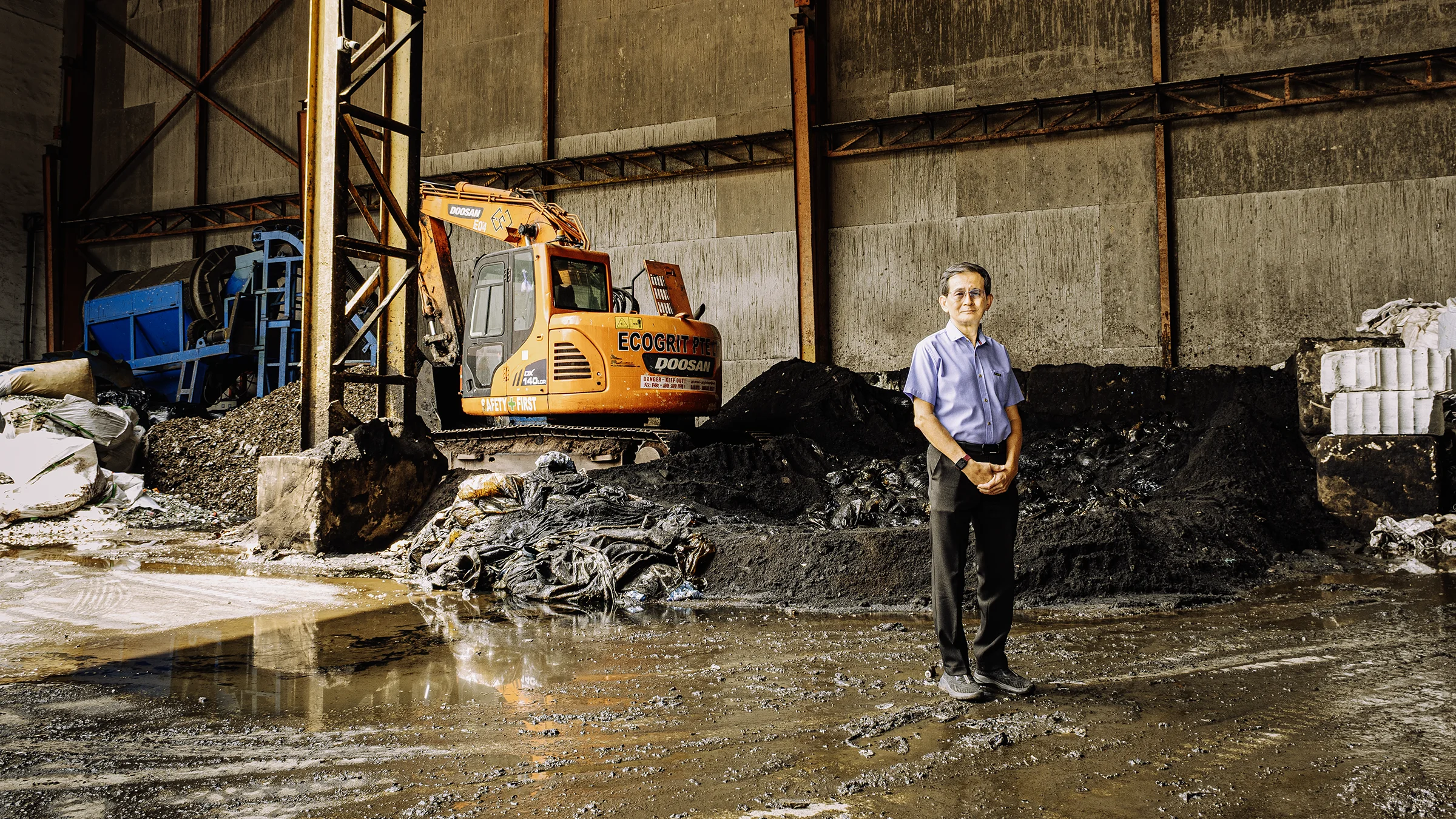
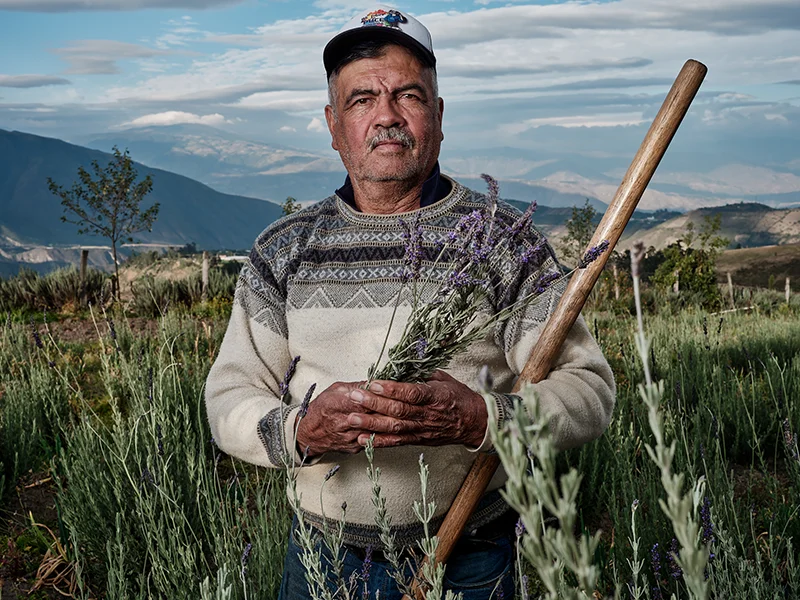
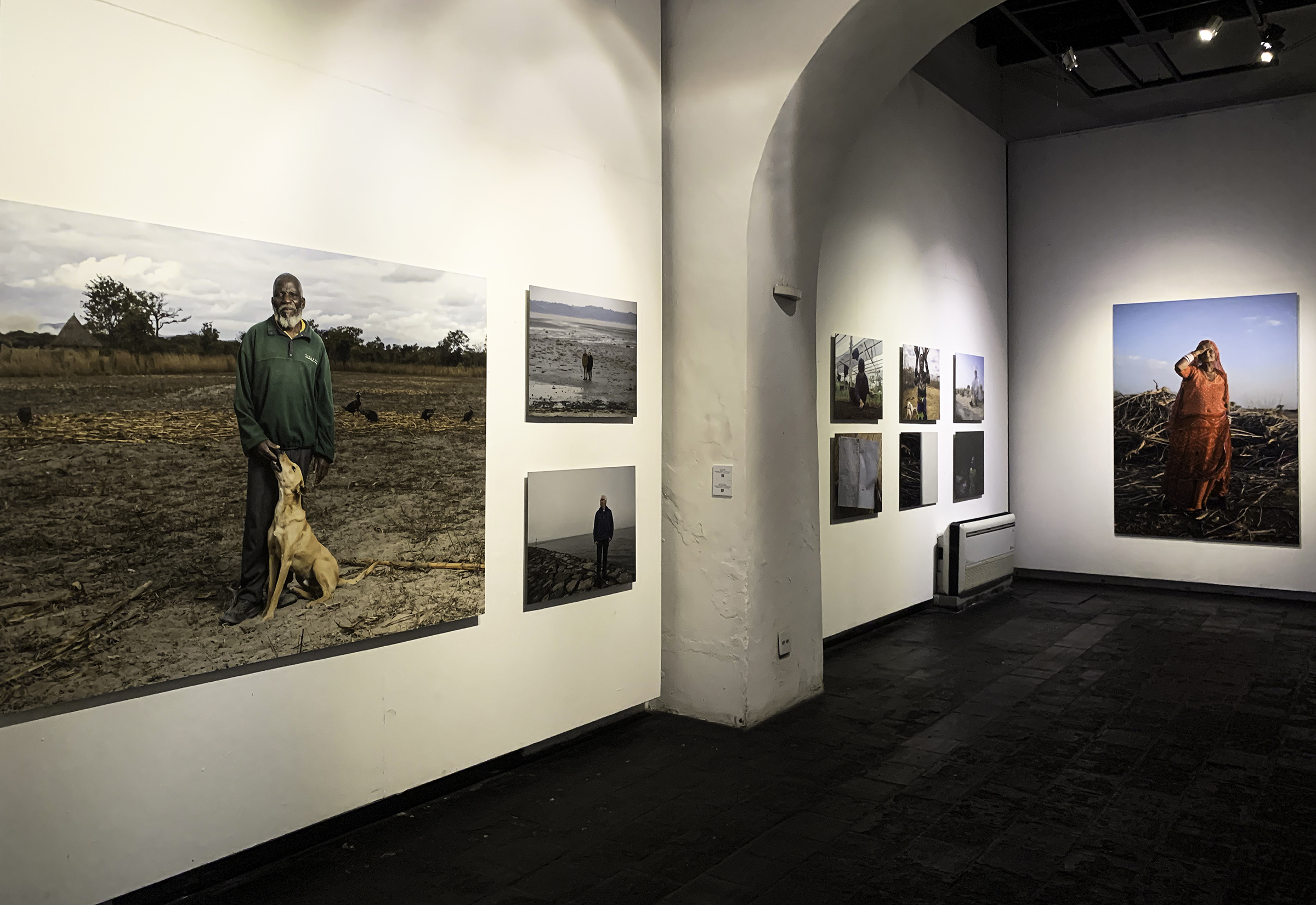
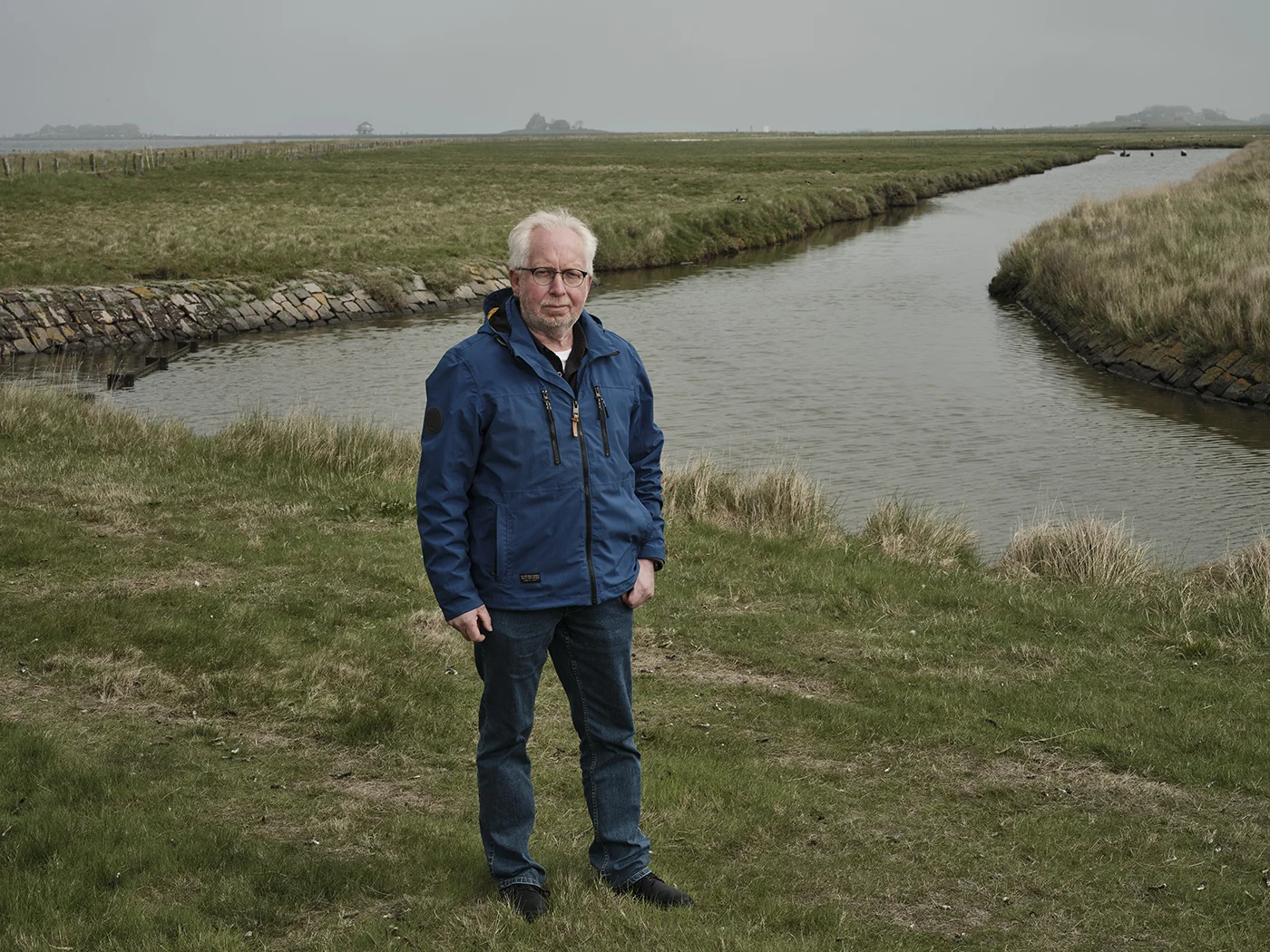
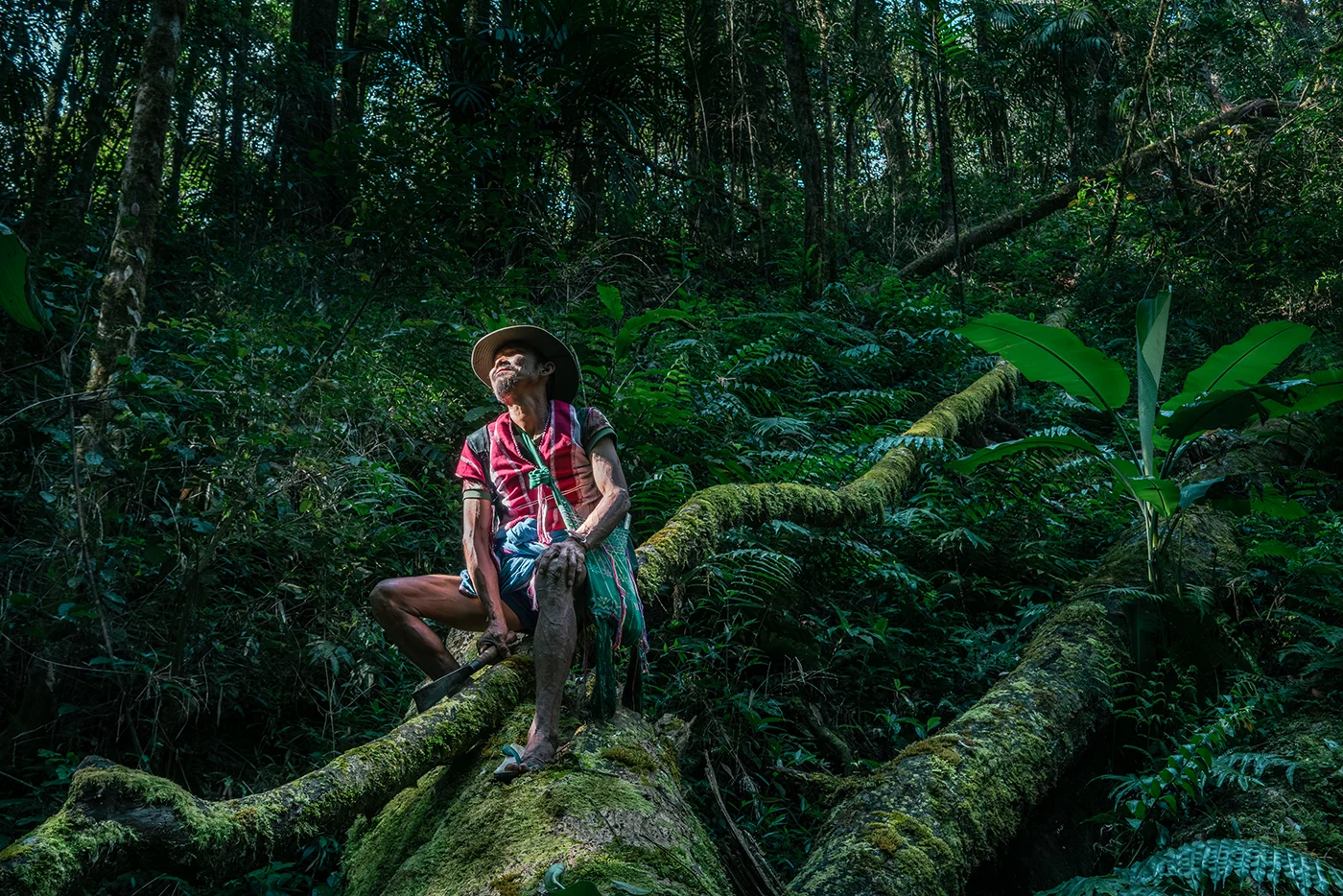
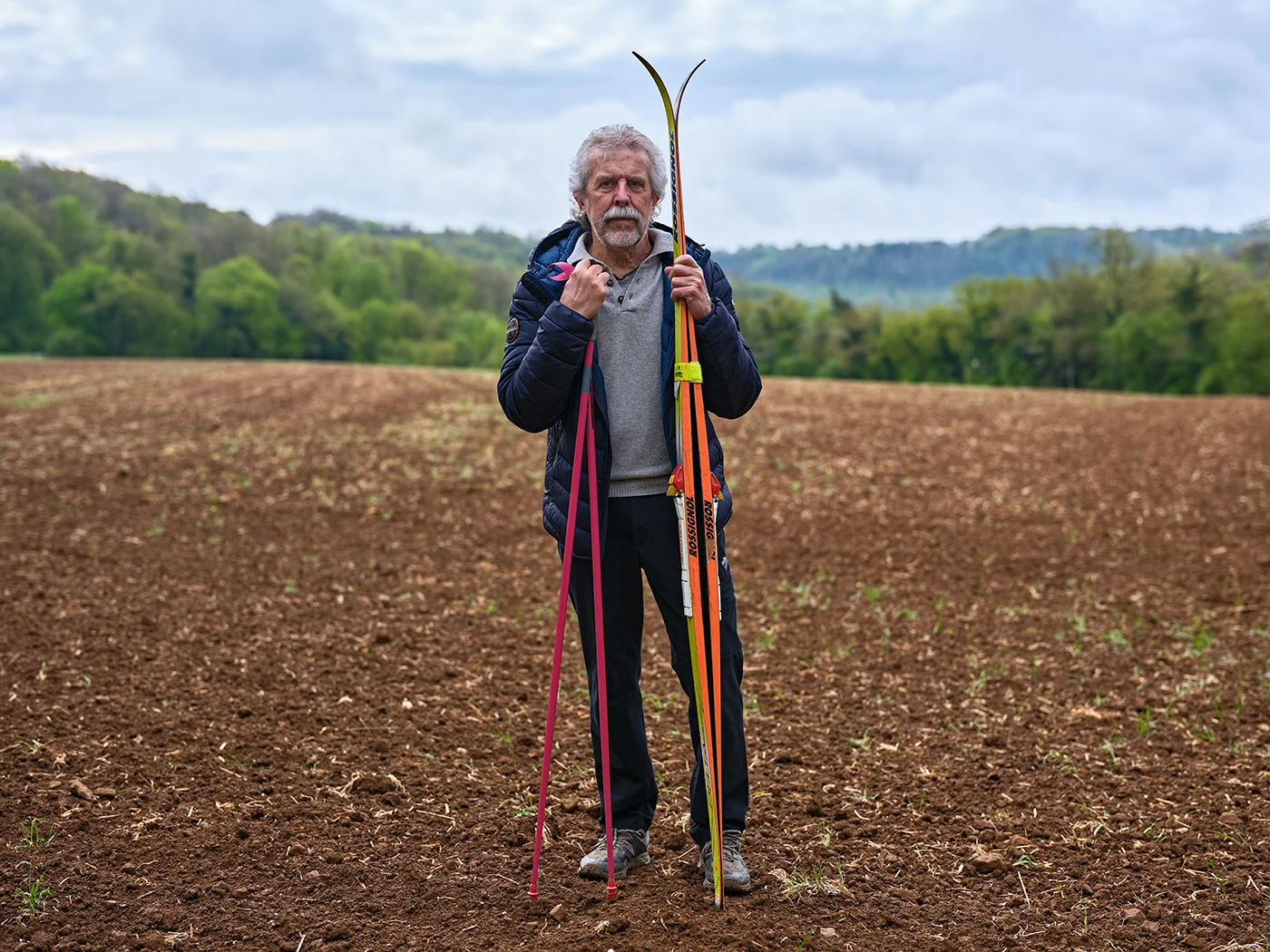






























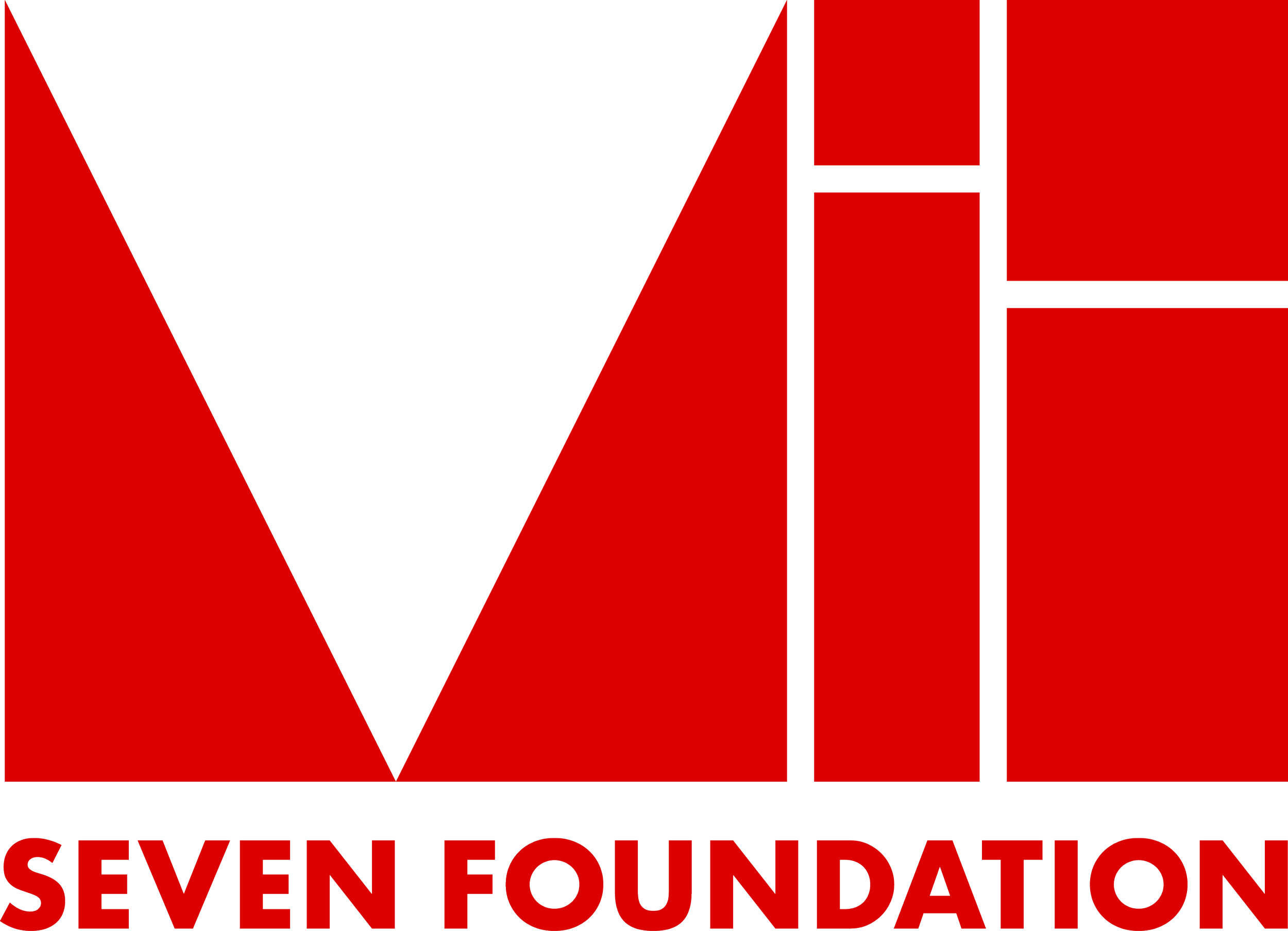








.svg)






